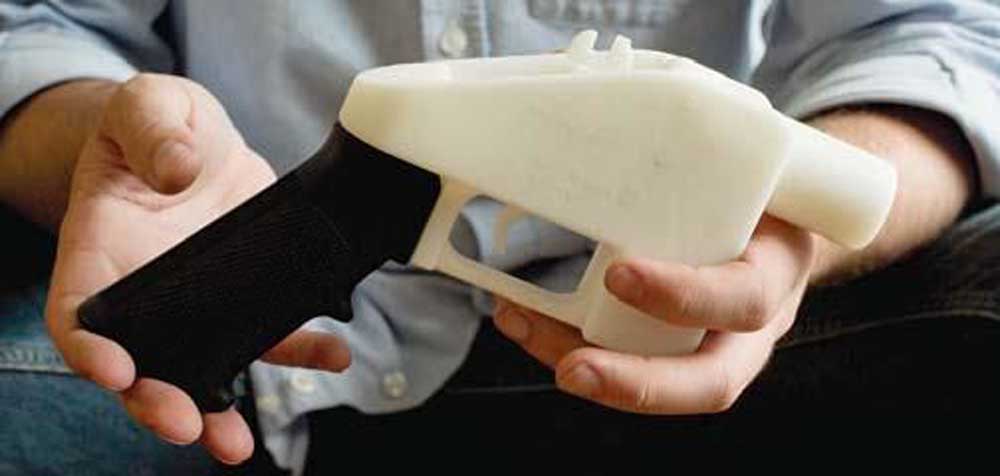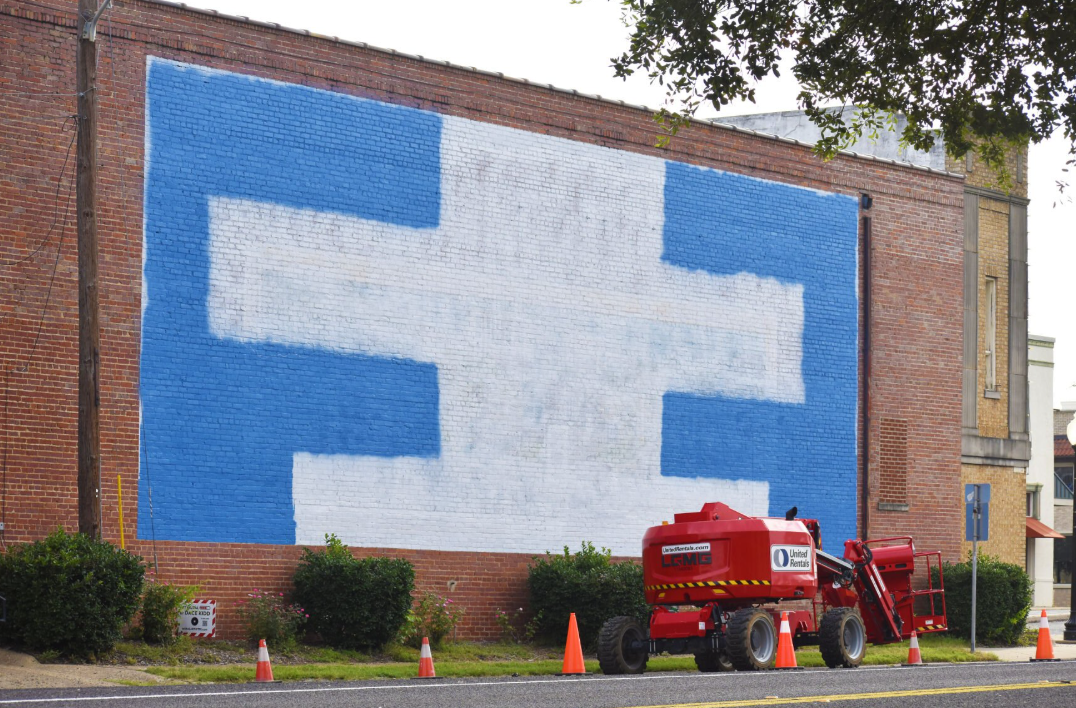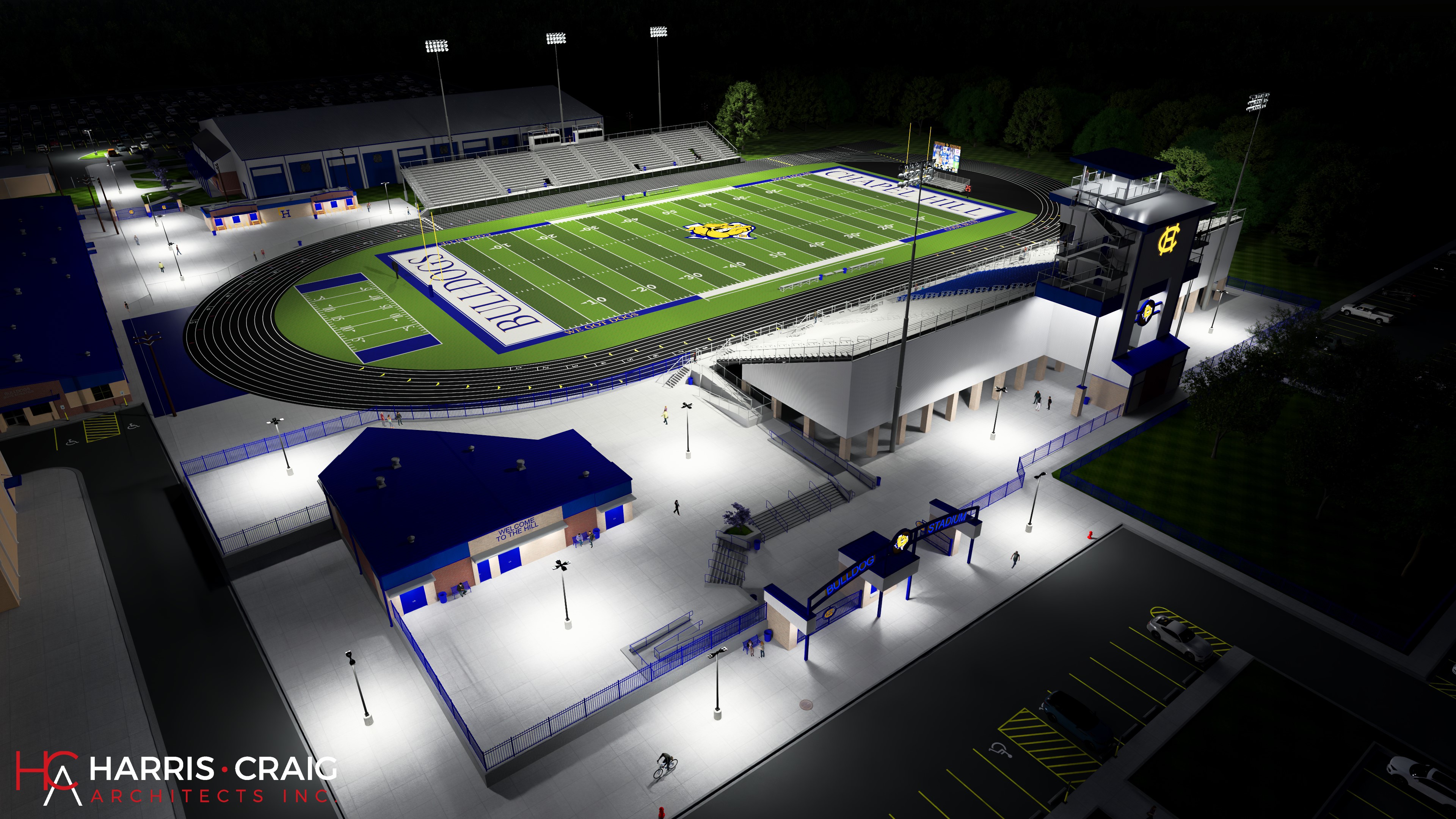Texas company cleared to put 3D-printed gun designs online
Published 5:45 am Friday, July 27, 2018

- THIS MAY 10, 2013, photo shows a plastic pistol that was completely made on a 3D printer at a home in Austin.
They look futuristic, the type of firearms that would-be assassins use in movies: 3D-printed guns made of a hard plastic that are simple to assemble, easy to conceal and tough to trace.
The future is here.
Trending
After spending years fighting the federal government for the right to do so, a Texas company was given the green light to post blueprints online showing people how to make 3D-printed guns from the comfort of home.
Gun safety advocates and some law enforcement officials are appalled, worried that this is exactly what criminals and terrorists want: guns that can’t be flagged by metal detectors, don’t have serial numbers to trace, and don’t require the usual background checks. A coalition of gun-control groups filed an appeal Thursday in federal court seeking to block a recent Trump administration ruling allowing Cody Wilson and his company, Defense Distributed, to post blueprints online to create 3D-printed firearms.
“There is a market for these guns and it’s not just among enthusiasts and hobbyists,” said Nick Suplina, managing director for law and policy at Everytown for Gun Safety, one of the three groups that have gone to court. “There’s a real desire and profit motive in the criminal underworld as well.”
Wilson, the founder of Defense Distributed, first published downloadable designs for a 3D-printed firearm in 2013. It was downloaded about 100,000 times until the State Department ordered him to cease, contending it violated federal export laws since some of the blueprints were downloaded by people outside the United States.
But in a reversal that stunned gun control advocates, the State Department in late June settled its case against Wilson and agreed to allow him to resume posting the blueprints at the end of July. Wilson took to Twitter, declaring victory and proclaiming he would start back up on Aug. 1.
Wilson did not return an email seeking comment. His attorney, Josh Blackman, a professor at the South Texas College of Law Houston, declined to comment.
Trending
Gun industry experts say the guns are simply a modern-day equivalent of what already is legal and readily available: the ability to assemble your own firearm using traditional materials and methods at home without serial numbers. They argue that 3D-printed firearms won’t be a draw for criminals since the printers needed to make one are wildly expensive and the firearms themselves aren’t very durable.
“It costs thousands and thousands and thousands of dollars to acquire a printer and the files and the knowhow to do this. They don’t work worth a damn. Criminals can obviously go out and steal guns or even manufacture quote-unquote real guns, not 3D-printed,” said Larry Keane, executive director of the National Shooting Sports Foundation, which represents gun manufacturers.






